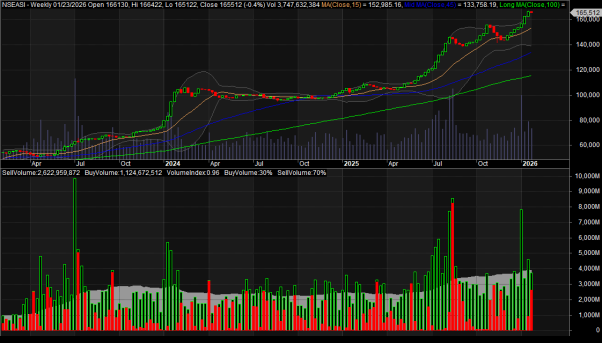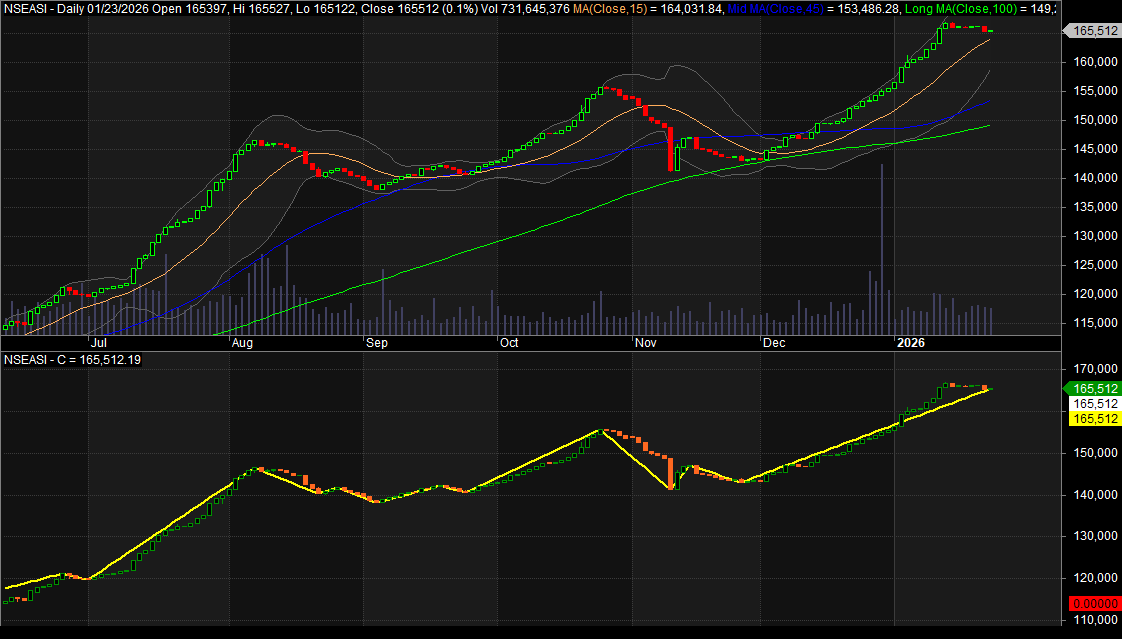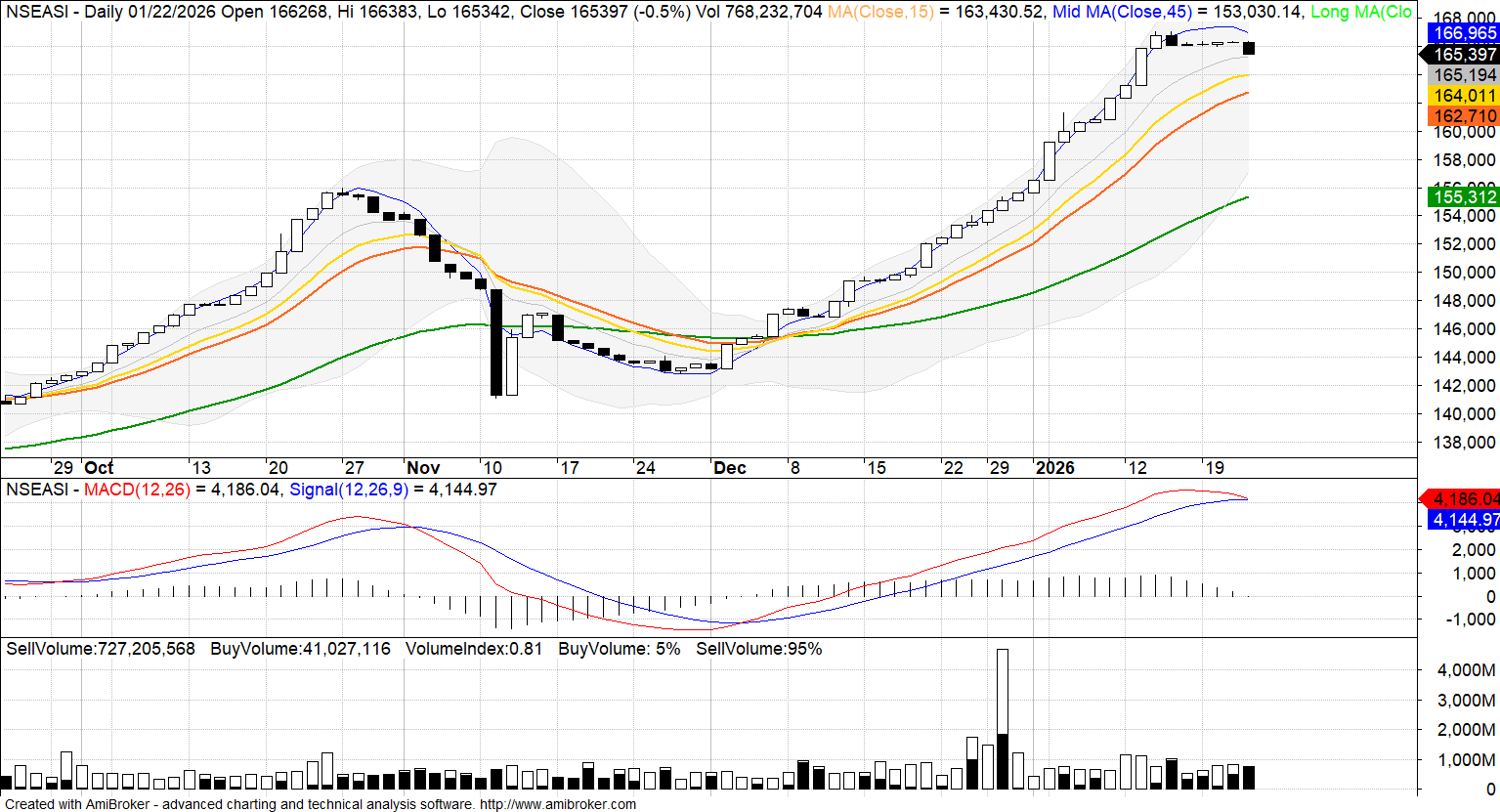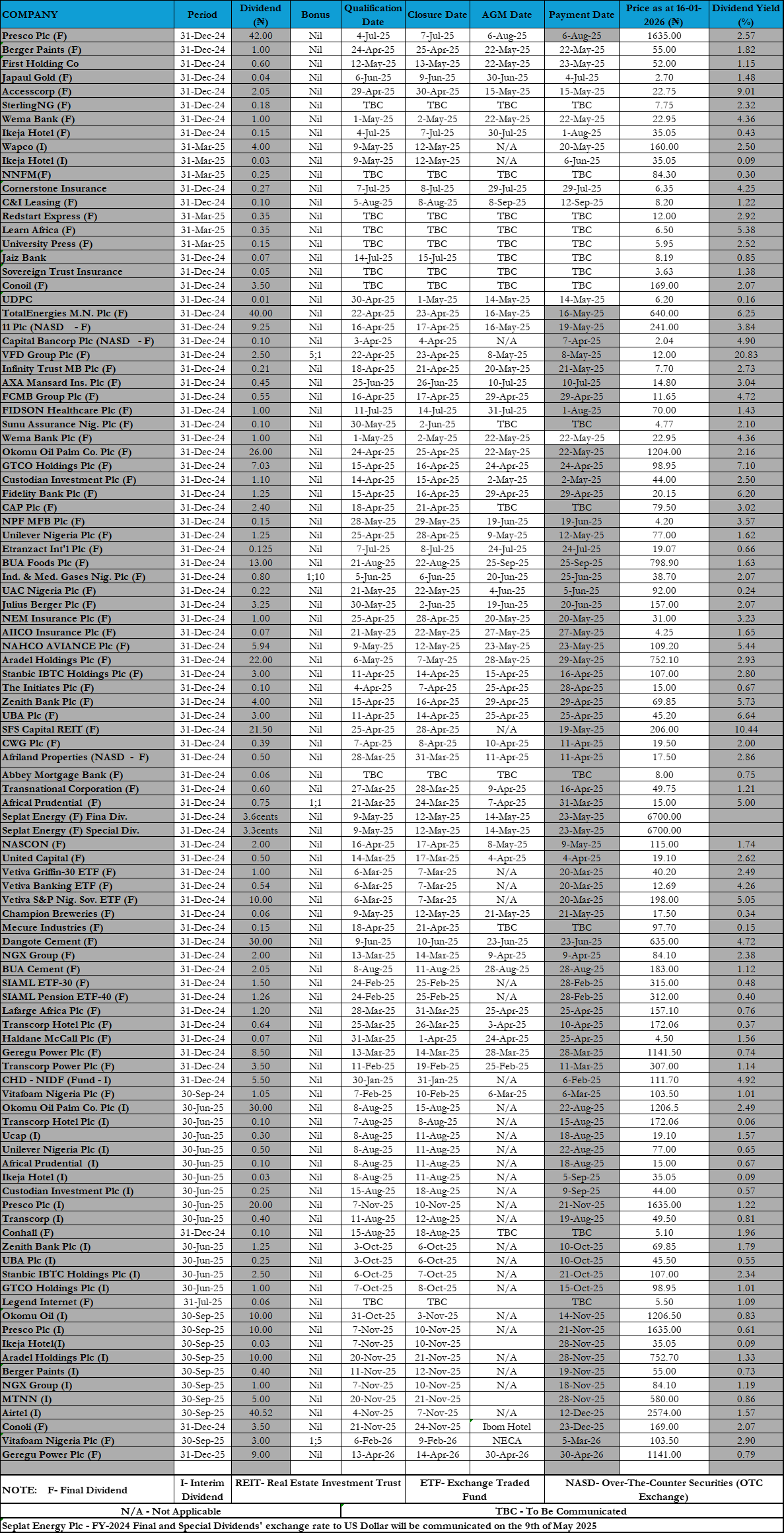
By Dilin Wu
WTI crude futures have fallen for seven consecutive trading days, dropping more than 20% from the April peak, hitting a four-year low.I think recession fears are playing a key role in the oil selloff, especially with the U.S. pushing ahead with a 104% tariff on Chinese goods and Beijing showing no signs of compromise. That raises serious concerns about global demand.
For China, the tariffs could significantly drag down exports and industrial output—two key engines of growth—while the tech and EV sectors may be particularly hard hit. We’re likely to see softer oil demand as a result. At the same time, the 104% tariff could push U.S. inflation back toward 4%, even before other new tariffs are factored in.That would raise the odds of a deeper recession in the U.S. as well.
OPEC+’s plan to ramp up production from May has only added to the pressure. The 411,000 bpd hike is three times the size of its earlier monthly targets, and aligns with Trump’s push to lower oil prices via fossil fuel supply. It’s shaping up to be a battle for market share between OPEC+ and the U.S., regardless of where prices go.
That said, short positioning is already heavily stretched, so the market could snap back on any signs of de-escalation. I’ll be watching U.S.-China talks closely – any breakthrough could be a key catalyst. On the flip side, if trade tensions worsen, oil prices may have further to fall.
Market comment on behalf of Samira Farzad, Head of Business Development at HF Quarters
Dubai is rapidly transforming into one of the world’s most dynamic hedge fund hubs, marking a significant shift in the global financial landscape. As of early 2025, the emirate hosts 75 active hedge funds, 48 of which manage assets exceeding $1 billion each.
This success stems from Dubai’s strategic advantages and carefully crafted business environment. The city’s geographic location, positioned perfectly between East and West, allows fund managers to trade across Asian, European, and North American markets with unprecedented ease.
What truly sets Dubai apart is its combination of tax benefits and regulatory framework that has appealed to fund managers seeking to optimize their operations. The Dubai International Financial Centre (DIFC), operating under frameworks based on the familiar English Common Law system, provides the legal certainty that international investors demand, while the Dubai Financial Services Authority (DFSA) has struck a balance between maintaining robust oversight and offering business-friendly regulations.
The city’s world-class infrastructure plays a crucial role in attracting financial institutions. State-of-the-art office spaces, advanced telecommunications networks, and excellent international connectivity through its aviation hub create an ideal environment for modern financial operations. Beyond the business aspects, Dubai offers an unparalleled quality of life, combining safety, luxury, and cosmopolitan living that appeals to financial professionals and their families.
The influx of hedge funds is creating a self-reinforcing ecosystem, drawing more talent and capital to the region. With access to vast pools of regional wealth, including sovereign funds and family offices, Dubai’s position as a financial powerhouse continues to strengthen.
Wu is a Research Strategist at Pepperstone











